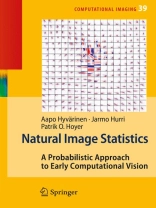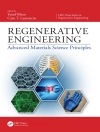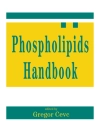Aims and Scope This book is both an introductory textbook and a research monograph on modeling the statistical structure of natural images. In very simple terms, “natural images” are photographs of the typical environment where we live. In this book, their statistical structure is described using a number of statistical models whose parameters are estimated from image samples. Our main motivation for exploring natural image statistics is computational m- eling of biological visual systems. A theoretical framework which is gaining more and more support considers the properties of the visual system to be re?ections of the statistical structure of natural images because of evolutionary adaptation processes. Another motivation for natural image statistics research is in computer science and engineering, where it helps in development of better image processing and computer vision methods. While research on natural image statistics has been growing rapidly since the mid-1990s, no attempt has been made to cover the ?eld in a single book, providing a uni?ed view of the different models and approaches. This book attempts to do just that. Furthermore, our aim is to provide an accessible introduction to the ?eld for students in related disciplines.
Jadual kandungan
Background.- Linear Filters and Frequency Analysis.- Outline of the Visual System.- Multivariate Probability and Statistics.- Statistics of Linear Features.- Principal Components and Whitening.- Sparse Coding and Simple Cells.- Independent Component Analysis.- Information-Theoretic Interpretations.- Nonlinear Features and Dependency of Linear Features.- Energy Correlation of Linear Features and Normalization.- Energy Detectors and Complex Cells.- Energy Correlations and Topographic Organization.- Dependencies of Energy Detectors: Beyond V1.- Overcomplete and Non-negative Models.- Lateral Interactions and Feedback.- Time, Color, and Stereo.- Color and Stereo Images.- Temporal Sequences of Natural Images.- Conclusion.- Conclusion and Future Prospects.- Appendix: Supplementary Mathematical Tools.- Optimization Theory and Algorithms.- Crash Course on Linear Algebra.- The Discrete Fourier Transform.- Estimation of Non-normalized Statistical Models.












